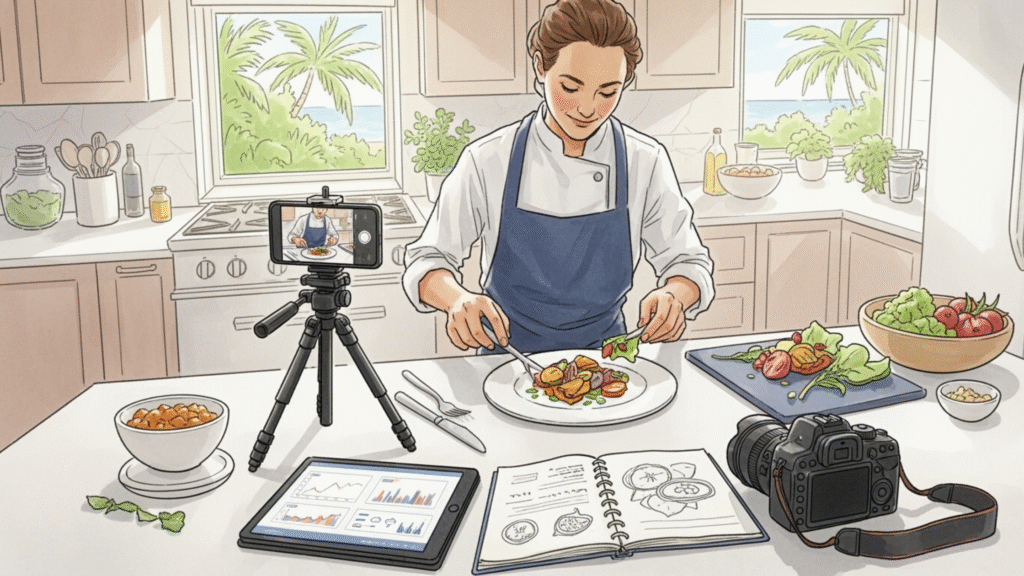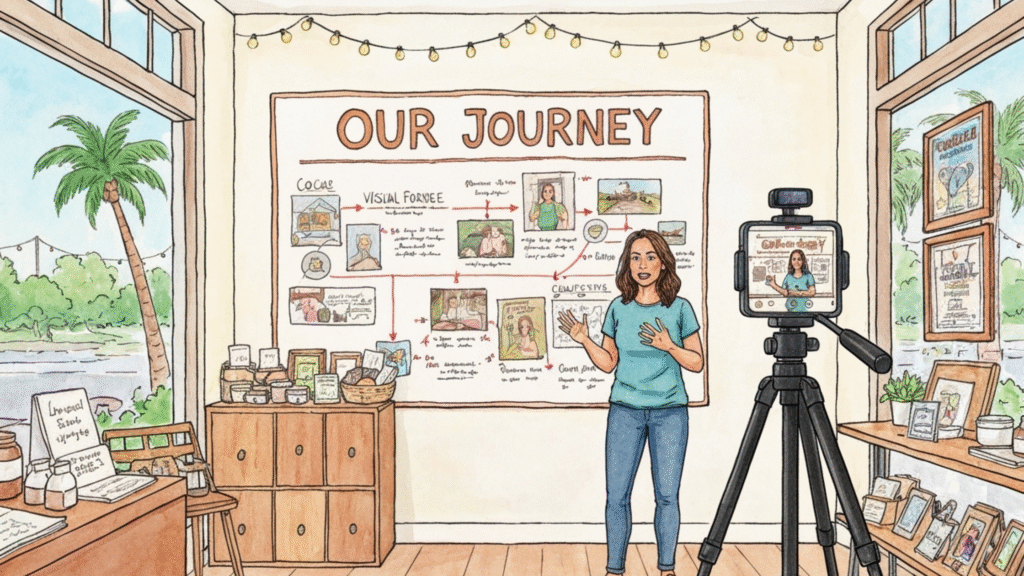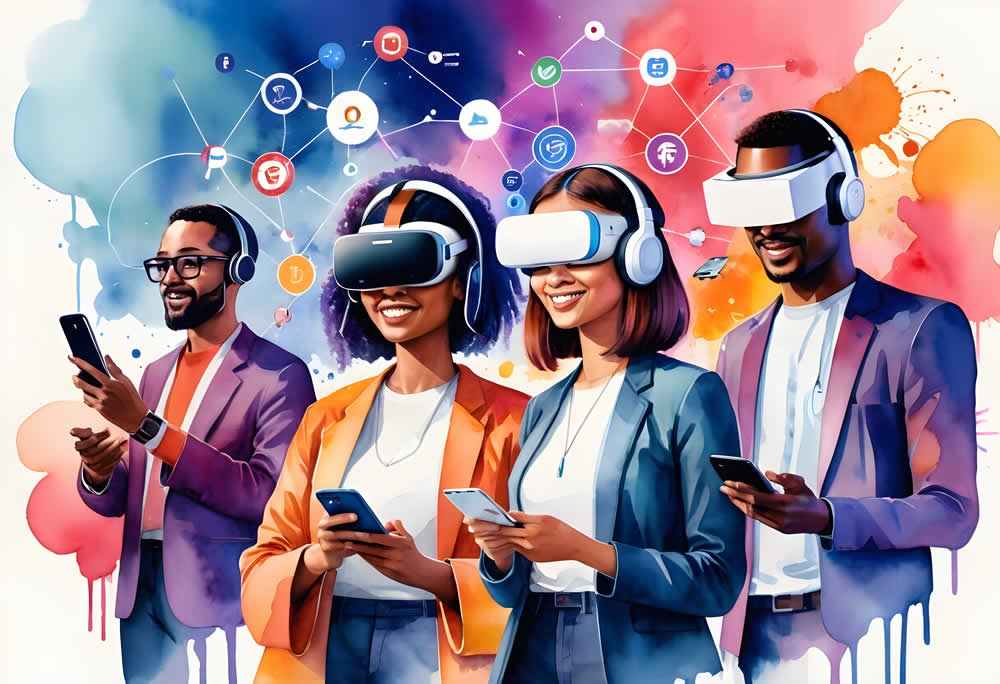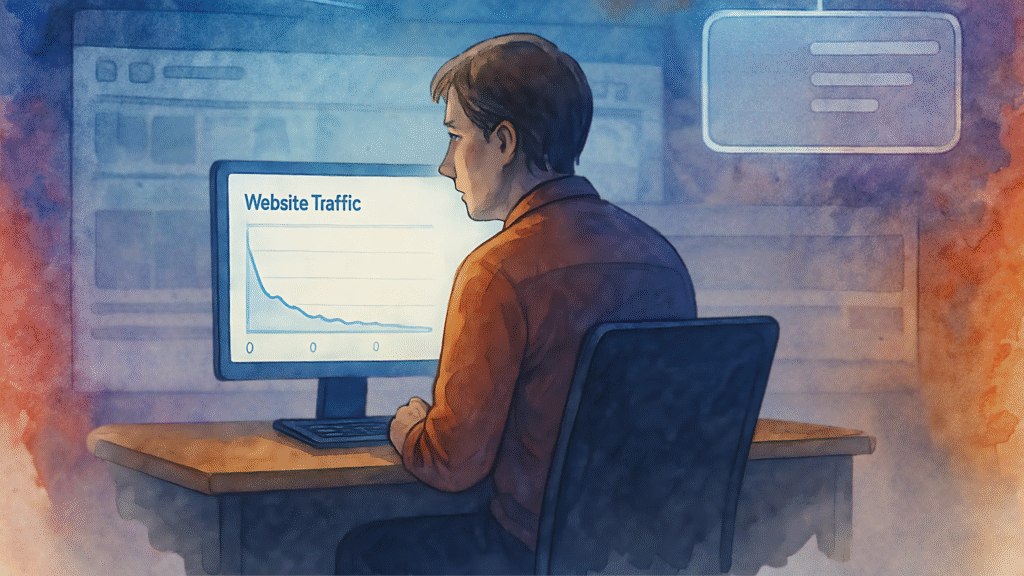In 2025, building a personal brand is no longer optional. It’s an essential component of professional success. Entrepreneurs, executives, freelancers, and creatives alike understand the value of establishing a clear, compelling personal brand that resonates with audiences. However, there’s one significant barrier that continues to hold talented individuals back: imposter syndrome.
Imposter syndrome is that persistent internal voice telling you you’re inadequate or not skilled enough, despite clear evidence of your expertise. This self-doubt intensifies when building a personal brand, as showcasing your unique abilities can feel intimidating. According to a 2025 study published by Harvard Business Review, nearly 75% of professionals now report experiencing imposter syndrome, reflecting an increase influenced by the competitive digital environment and evolving professional expectations.
To overcome this challenge, it’s vital first to recognize what imposter syndrome looks like in today’s context, why it happens, and practical strategies you can implement immediately.
How Imposter Syndrome Manifests in Personal Branding (2025 Update)
Imposter syndrome shows itself differently when you’re building a brand online:
- Fear of Being Exposed: The worry that your audience or peers will realize you’re not as competent as portrayed. This stops many from producing consistent content.
- Constant Comparison: Seeing other experts online and believing you’ll never measure up.
- Perfectionism: Struggling to launch a website, podcast, or social channel because it never feels “ready” or “good enough.”
- Burnout and Overpreparation: Continuously researching, preparing, and producing to counteract feelings of inadequacy.
- Inability to Celebrate Successes: Crediting luck rather than skill, undermining your brand’s credibility.
These behaviors can severely damage your personal brand, preventing you from sharing valuable insights or building authentic connections.
Why Imposter Syndrome is More Prevalent Than Ever in 2025
Several current factors amplify imposter syndrome:
- AI-Driven Content Saturation: With AI tools like ChatGPT and Bard becoming mainstream, creating expert content seems easier than ever. This can heighten feelings of inadequacy or make professionals question their expertise compared to AI-generated information.
- Competitive Social Media Landscape: Platforms like Instagram Threads, LinkedIn Stories, and TikTok continue promoting polished, curated profiles. Professionals frequently experience comparison fatigue from these perfectly crafted personas.
- Continuous Learning Pressure: With rapidly emerging platforms, tools, and algorithms, professionals feel constant pressure to remain ahead, triggering imposter thoughts about being “behind” peers.
Verified Strategies to Overcome Imposter Syndrome in Personal Branding
Here are practical, actionable steps for overcoming imposter syndrome effectively in 2025:
-
Identify and Name Your Imposter Feelings
Simply recognizing and labeling your imposter syndrome reduces its power. Acknowledge when and why these feelings appear. A helpful resource is Harvard Business Review’s Guide on Imposter Syndrome (2025).
-
Clearly Define Your Personal Brand
Focus on your unique strengths and expertise. Create a concise personal branding statement highlighting exactly who you help, how you help them, and what differentiates you from others.
For practical branding tips, consider referencing Communica PRO’s Personal Branding Toolkit.
-
Focus on a Niche
Trying to be an expert in everything amplifies self-doubt. Instead, choose a niche you genuinely love and where you can confidently add value. For instance, instead of “Marketing Expert,” become “Organic Growth Specialist for Health Brands.”
-
Maintain an Achievements Folder
Keep track of testimonials, positive feedback, successful projects, and awards. Regularly revisit this folder to remind yourself of your capabilities. Tools like Evernote or Notion can help organize this documentation effectively.
-
Practice Authenticity and Transparency
Sharing your journey openly and honestly builds trust and reduces imposter feelings. Real authenticity beats curated perfection. A 2025 LinkedIn report showed brands emphasizing authenticity experienced 3x higher engagement rates.
-
Engage in Strategic Social Media Consumption
Curate your social feeds intentionally. Follow accounts that inspire and unfollow accounts that trigger negative comparisons or feelings of inadequacy.
-
Create Consistent, Quality Content
Consistency builds confidence. Instead of perfecting each post, focus on regularly providing authentic, valuable insights. Tools like Buffer or Later make this easier by scheduling posts ahead of time.
-
Embrace Growth Mindset Principles
Incorporate Carol Dweck’s growth mindset principles (Stanford University, 2025) to reframe challenges as opportunities for learning rather than proof of inadequacy.
Current Examples of Personal Branding Done Right (2025)
Professionals successfully overcoming imposter syndrome today frequently leverage authenticity and clear niche positioning:
- Neil Patel, renowned digital marketing expert, continuously shares authentic behind-the-scenes insights, acknowledging challenges openly in his newsletter.
- Rachel Rodgers, founder of Hello Seven, openly shares personal struggles and lessons in entrepreneurship, consistently building trust and authenticity.
When to Seek Professional Help
For persistent or debilitating imposter syndrome, professional guidance from coaches, therapists, or branding experts can significantly accelerate your progress. The American Psychological Association (APA) recommends professional support when feelings are deeply ingrained or negatively affecting your life.
Communica PRO: Your Partner in Overcoming Imposter Syndrome
Feeling overwhelmed or unsure how to authentically showcase your expertise online? Communica PRO specializes in personal branding strategies explicitly designed to combat imposter syndrome.
With tailored personal branding coaching, content planning, and strategic visibility management, our team guides you through every step—empowering you to confidently own your expertise and build lasting connections.
Ready to finally break free from imposter syndrome and authentically elevate your brand in 2025?
Schedule Your Personal Branding Consultation with Communica PRO Today.
Frequently Asked Questions about Imposter Syndrome (2025)
Q: What percentage of professionals face imposter syndrome in 2025?
A: Approximately 75% of professionals report experiencing imposter syndrome in today’s highly competitive digital environment (Harvard Business Review, 2025).
Q: Can focusing on authenticity help reduce imposter syndrome?
A: Absolutely. Authenticity significantly diminishes feelings of fraud and increases audience trust, proven by LinkedIn’s 2025 authenticity engagement report.
Q: Are AI tools causing increased imposter syndrome in 2025?
A: Yes. Increased reliance on AI-generated content contributes to self-doubt, making it essential to prioritize genuine human insights and expertise.
Q: How important is niche clarity for reducing imposter syndrome?
A: Extremely important. Clear niche positioning reduces overwhelm and builds genuine confidence in your expertise.
Q: Should I openly share struggles with my audience?
A: Strategic vulnerability is powerful and builds relatability. Balance openness with professional boundaries to build trust.
Step Boldly into Your Authentic Brand
In 2025, overcoming imposter syndrome isn’t just possible—it’s crucial. By clearly identifying your unique strengths, consistently sharing authentic content, and maintaining evidence of your accomplishments, you significantly reduce self-doubt. Remember, your audience values genuine expertise and authentic human connections above curated perfection.
Take that bold first step today by contacting Communica PRO to harness your true personal branding potential. It’s time to step fully into your authentic self and confidently share your unique value with the world.










